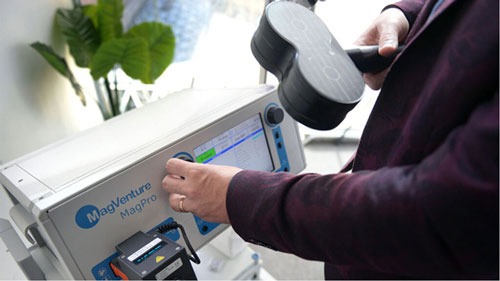AGING, dementia, and brain injury can reduce people’s capacity to form new memories of events in their lives, which experts term episodic memory.
A study suggests that low-frequency magnetic stimulation of a particular part of the brain enhances the formation of this kind of memories.
Much more research is necessary, but the discovery could provide a way to improve memory in people with conditions such as dementia.
Memories of our experiences, or episodic memories, help us define who we are as individuals.
Episodic memory also allows us to function effectively on a day-to-day basis, from remembering where we put our phone to what groceries we need to buy on a shopping trip.
The ability to form new memories declines slowly with age, but brain injury and conditions such as Alzheimer’s disease can result in a severe, debilitating loss of episodic memory.
Some prescription drugs can help improve memory in people with Alzheimer’s disease, but their effects are limited and short-lived.
Manufacturers market nonprescription supplements known as nootropics to enhance memory, though there is little scientific evidence of their effectiveness.
A group of researchers led by the University of Glasgow in the United Kingdom may have stumbled upon a completely new way to boost episodic memory, using magnetic pulses.
They were conducting research into a phenomenon known as voluntary forgetting when they noticed that slow magnetic pulses seemed to enhance memory.
They used an established technology called repetitive transcranial magnetic stimulation (rTMS) to deliver the pulses to the left side of the volunteers’ foreheads, over a region called the dorsolateral prefrontal cortex (DLPFC).
A second study by the same researchers appears to confirm the memory-enhancing effect.
They have reported their results in the journal PLOS Biology.
“We were quite surprised when we saw these effects in the first study, which was designed to investigate a different question,” says Prof. Simon Hanslmayr, Ph.D., one of the researchers and senior author of the paper.










